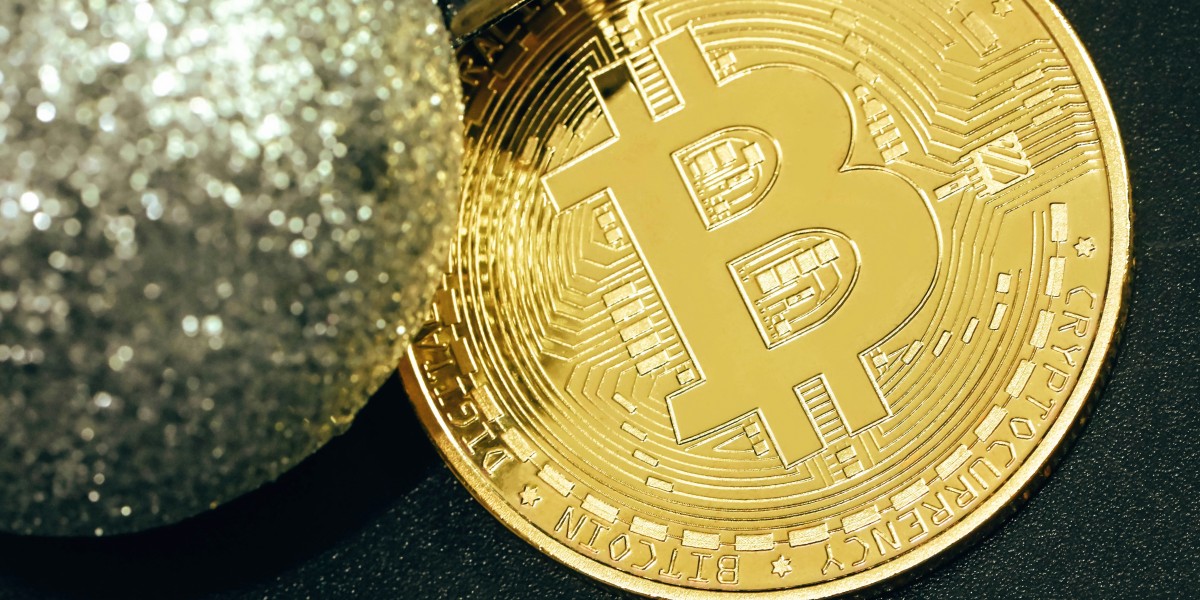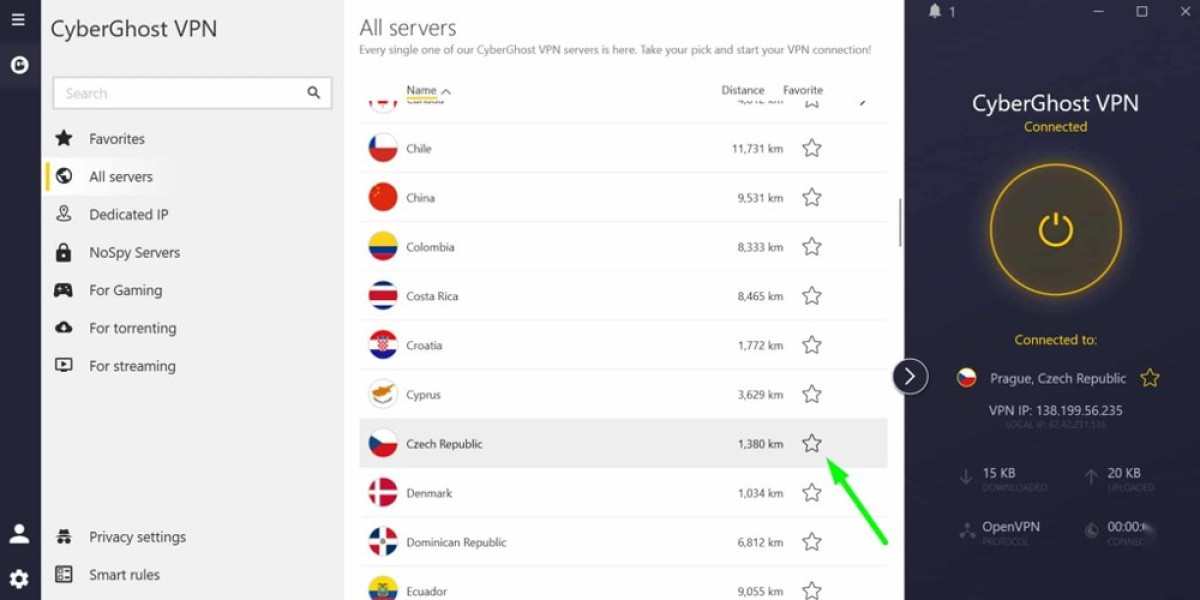The global financial ecosystem is undergoing a radical transformation. With the rise of blockchain technology, we have already witnessed the migration from traditional banking systems to decentralized finance (DeFi) protocols. Among the most notable shifts in this revolution is the move from centralized exchanges (CEXs) to decentralized exchanges (DEXs). But as innovation surges forward, the conversation is now expanding beyond basic DEXs into an even more futuristic model: fully decentralized and autonomous crypto exchanges.
These platforms are designed to function without any human intervention or centralized authority, relying entirely on smart contracts, decentralized governance, and AI-driven mechanisms. This emerging trend represents a significant leap in the domain of Cryptocurrency Exchange Development, as developers seek to create systems that are not only decentralized but also self-sustaining. But the big question is—are we truly ready for this era?
Understanding Fully Decentralized and Autonomous Exchanges
A fully decentralized and autonomous exchange operates through a network of smart contracts that execute trades, manage liquidity, enforce governance rules, and handle dispute resolution—all without relying on a traditional corporate structure. These platforms are often governed by DAOs (Decentralized Autonomous Organizations), where token holders vote on protocol upgrades, fees, and feature development.
Unlike hybrid models that combine decentralization with some centralized features (such as admin control or back-end servers), fully autonomous exchanges operate independently once deployed. There are no KYC requirements, no manual oversight, and no downtime—making them a truly borderless and censorship-resistant alternative.
The Driving Technologies Behind This Transformation
Smart contracts form the foundation of fully autonomous exchanges. These self-executing code snippets ensure that every trade, fee, and governance decision is carried out based on predefined logic. Deployed on blockchains like Ethereum, Binance Smart Chain, or Layer-2 solutions, smart contracts enable high transparency and immutability.
Decentralized oracles are essential for accessing external data, such as asset prices and real-world events. They allow smart contracts to interact with information beyond the blockchain, ensuring up-to-date and accurate market pricing.
DAOs provide the governance structure necessary for managing the protocol over time. Through token-based voting, community members decide on changes and upgrades to the platform. This removes the need for a boardroom or executive decision-makers, truly democratizing control.
In some cases, artificial intelligence is being integrated to automate liquidity management, detect fraudulent behavior, and optimize gas fees. Although still in early stages, AI could play a major role in future autonomous exchange ecosystems.
Key Benefits of Fully Autonomous Exchanges
One of the major benefits is complete trustlessness. Users do not have to rely on a third party or central authority to manage their assets. The code is law, and every transaction is publicly verifiable on the blockchain.
Security is another major advantage. Since there’s no central point of failure, fully autonomous exchanges are less susceptible to hacks or data breaches that often plague centralized platforms.
Accessibility is greatly enhanced. These platforms can be accessed by anyone with an internet connection and a wallet, regardless of geographical or political boundaries.
Operational costs are significantly reduced. Without the need for customer support teams, compliance officers, or IT infrastructure, these platforms can pass cost savings to users in the form of lower fees and higher incentives.
Challenges Facing Fully Decentralized and Autonomous Exchanges
Despite their benefits, these platforms face several roadblocks. Scalability remains a major issue, especially on Layer-1 blockchains like Ethereum, where network congestion and high gas fees limit usability. Layer-2 solutions and other blockchain alternatives are attempting to address this, but adoption is still in progress.
Regulation is another significant challenge. Governments around the world are still grappling with how to regulate DeFi. Fully autonomous exchanges often lack any sort of identity verification, making them a target for anti-money laundering concerns. This could lead to increased regulatory scrutiny in the future.
User experience also needs improvement. The average retail investor often finds decentralized platforms confusing and intimidating. Improving UI/UX is critical for onboarding the next wave of users.
Finally, governance risks exist. DAOs are not immune to manipulation, and poorly designed governance models can lead to centralization by wealthy token holders or even protocol exploits.
The Role of Community and Ecosystem Growth
The development of autonomous crypto exchanges cannot succeed in isolation. It requires a robust ecosystem including developers, liquidity providers, DAO participants, and third-party service providers. Education is crucial to helping users understand how these platforms work and how to engage with them safely.
Community engagement is also vital. Open-source contributions, audits, and community-led initiatives can drive innovation and help detect flaws before they become critical issues. Strong communities foster greater trust, which in turn encourages adoption.
Partnerships with other DeFi protocols can help autonomous exchanges tap into broader liquidity pools, integrate with stablecoins, and enable cross-chain transactions. Interoperability between blockchain networks will further enhance the value proposition of these platforms.
The Future of Autonomous Exchanges
As blockchain scalability improves and smart contract infrastructure matures, we can expect autonomous exchanges to become more prevalent. Emerging technologies like zero-knowledge proofs (ZKPs), cross-chain bridges, and intent-based architectures will further enhance their capabilities.
There’s also a growing shift toward modular exchange designs, where key functionalities like order matching, liquidity aggregation, and execution are handled by independent modules. This composability allows developers to build highly customized platforms suited for different market needs.
Eventually, fully autonomous exchanges may integrate with real-world financial systems, offering decentralized forex, stock trading, and even insurance services. But such integration will require navigating complex regulatory and technical hurdles.
Conclusion
The era of fully decentralized and autonomous crypto exchanges is no longer a theoretical concept—it is fast becoming a reality. While challenges remain, the potential of these platforms to revolutionize financial systems is undeniable. They offer a new model of finance that is trustless, secure, and truly global.
For businesses and entrepreneurs looking to tap into this next wave of innovation, investing in Cryptocurrency Exchange Development has never been more strategic. Partnering with a reliable and future-focused Cryptocurrency Exchange Development Company ensures you stay ahead of the curve.
WisewayTec, a leading name in the space, offers end-to-end solutions for building scalable, secure, and fully customizable crypto exchange platforms. Whether you're envisioning a hybrid exchange or a fully autonomous model, WisewayTec has the expertise to turn your vision into a decentralized reality.
Frequently Asked Questions (FAQs)
What is a fully decentralized and autonomous crypto exchange?
It’s a platform that allows users to trade cryptocurrencies without a central authority or human intervention, using smart contracts and decentralized governance systems.
How are these exchanges different from traditional DEXs?
While DEXs offer decentralized trading, they often include some level of centralized control or oversight. Fully autonomous exchanges are completely self-sustaining, governed by code and community.
Are fully autonomous exchanges legal?
Regulation varies by country. While the technology itself is neutral, the absence of KYC and AML protocols may bring regulatory challenges in some jurisdictions.
Can these exchanges be hacked?
While no system is entirely immune, autonomous exchanges reduce risk by eliminating central points of failure. However, bugs in smart contracts can still pose threats, which is why audits are essential.
How can I build my own autonomous exchange?
You’ll need expertise in smart contract development, blockchain architecture, and decentralized governance. Partnering with an experienced Cryptocurrency Exchange Development Company like WisewayTec can significantly streamline the process.








